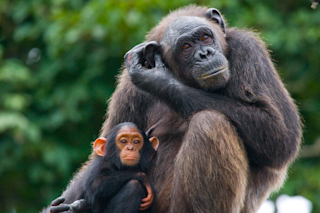In the mid-1950s, one of the vanguard theories in linguistics was Benjamin Lee Whorf’s hypothesis that language greatly influences, or even determines, thought. While most linguists have since dismissed this notion, Peter Gordon of Teachers College at Columbia University is giving it another look. He recently studied an isolated 200-person tribe called the Pirãha in the Amazon region of Brazil, whose language is so restrictive, its only numerical words are translations of “one,” “two,” and “many.”
Gordon ran some tribe members through a series of tests that required them to compare small amounts of objects and duplicate groups of AA batteries and nuts. He found that the community could not count or discern the number of objects above three. Previous studies have shown that many animals and even babies have an innate sense of “three,” which could imply that a requirement for understanding the concept of “four” and above is ...















